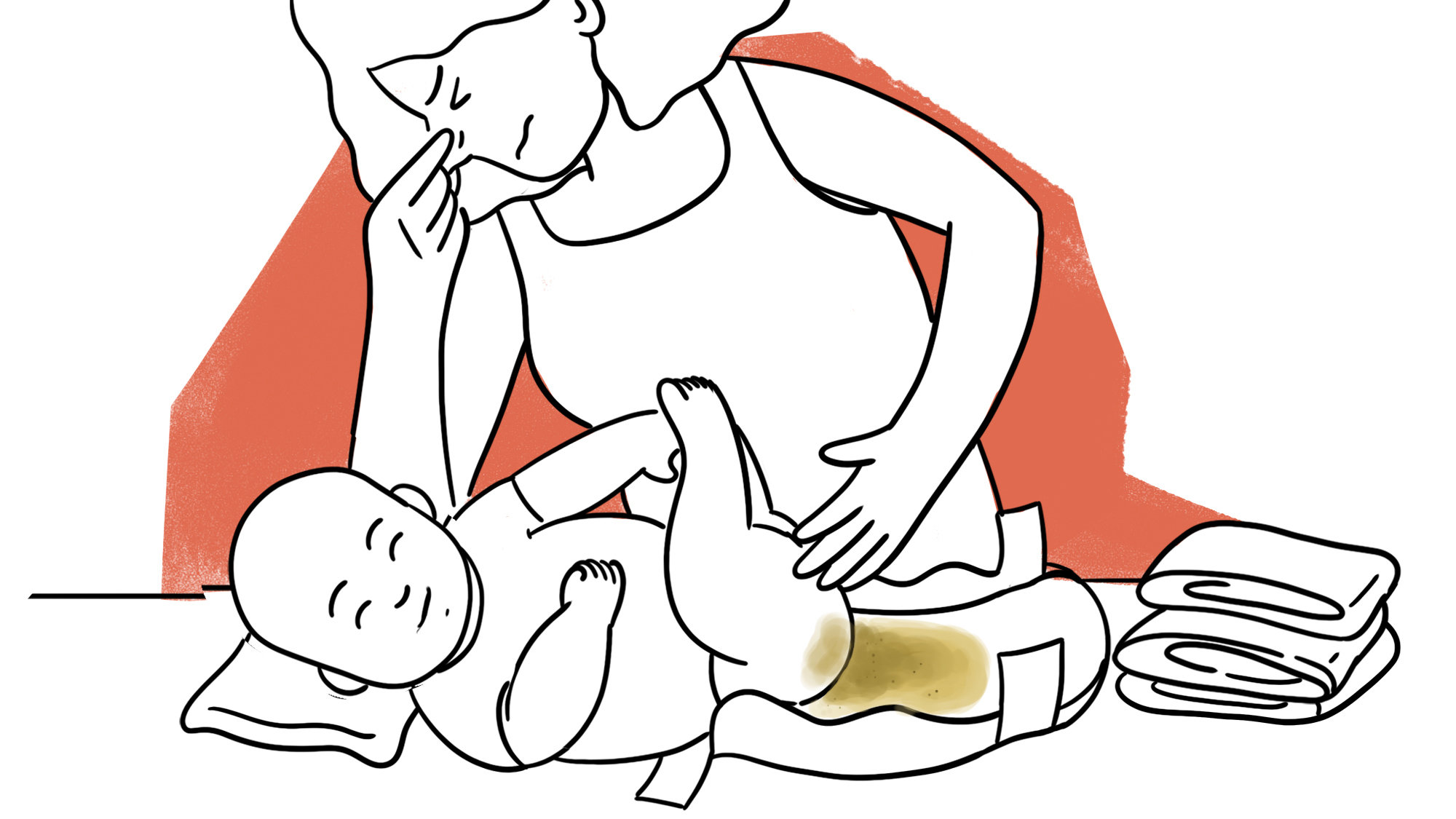
Learn how to care for your newborn, from head to toe.
Dealing with baby poop is not the most glamorous part of being a parent, but it is a good way to gauge the health of your new baby. The color, consistency, and frequency of poop changes significantly in a baby’s first few weeks of life, and those changes often signal important growth milestones and that the baby is getting enough to eat. So, what should parents expect in the baby’s first days and weeks of life? Here’s a handy schedule to help navigate the diaper changes.
The first poop
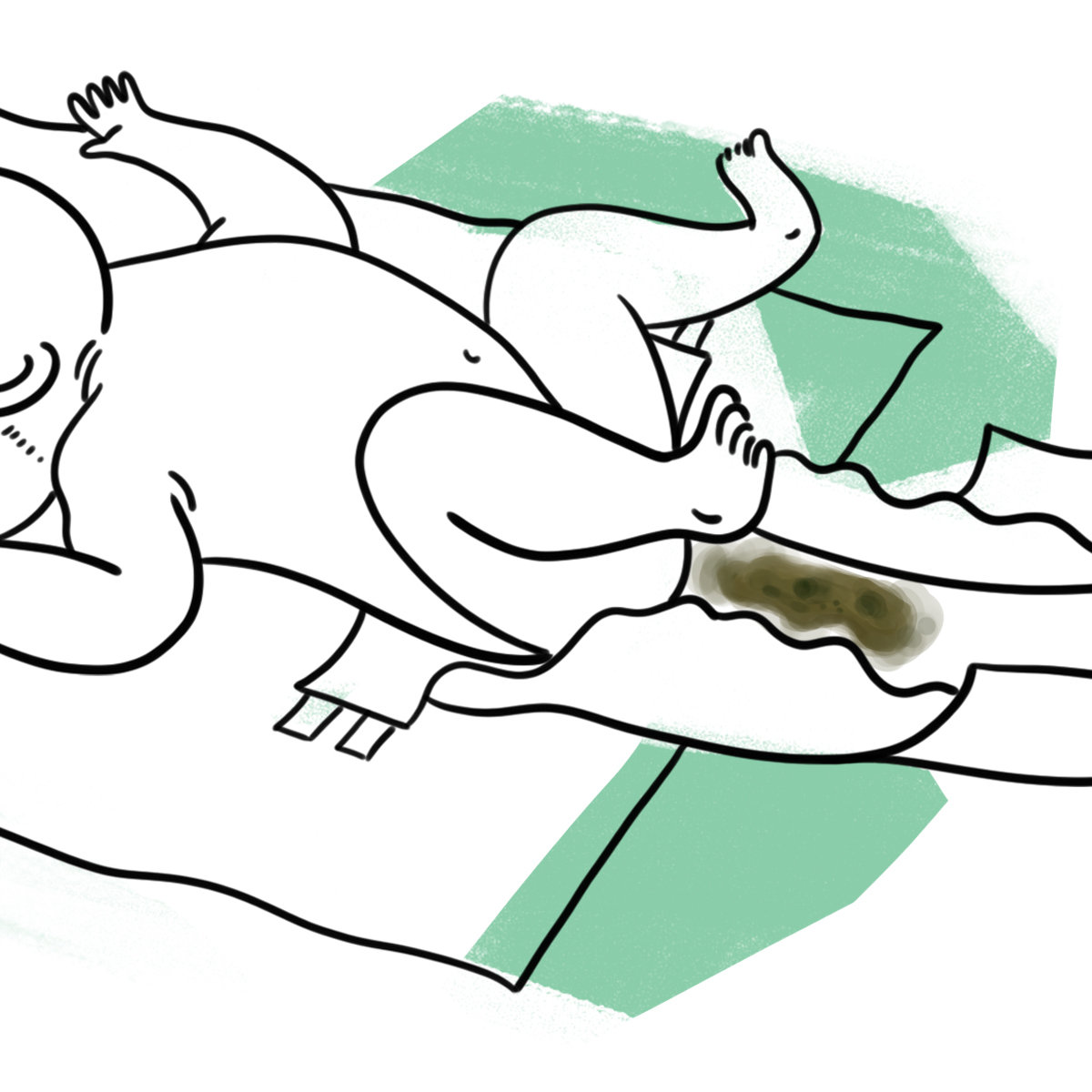
The baby’s first poop will actually be a dark green or black substance called meconium. Meconium will make its appearance within the first 24 hours after a baby is born, and the baby may pass meconium more than once. Despite its sticky, tar-like consistency, meconium is actually a sterile substance because the newborn’s intestines aren’t yet host to any bacteria. It looks gross, but it serves an important purpose — letting you know the baby’s bowels are functioning.
Transitional poops
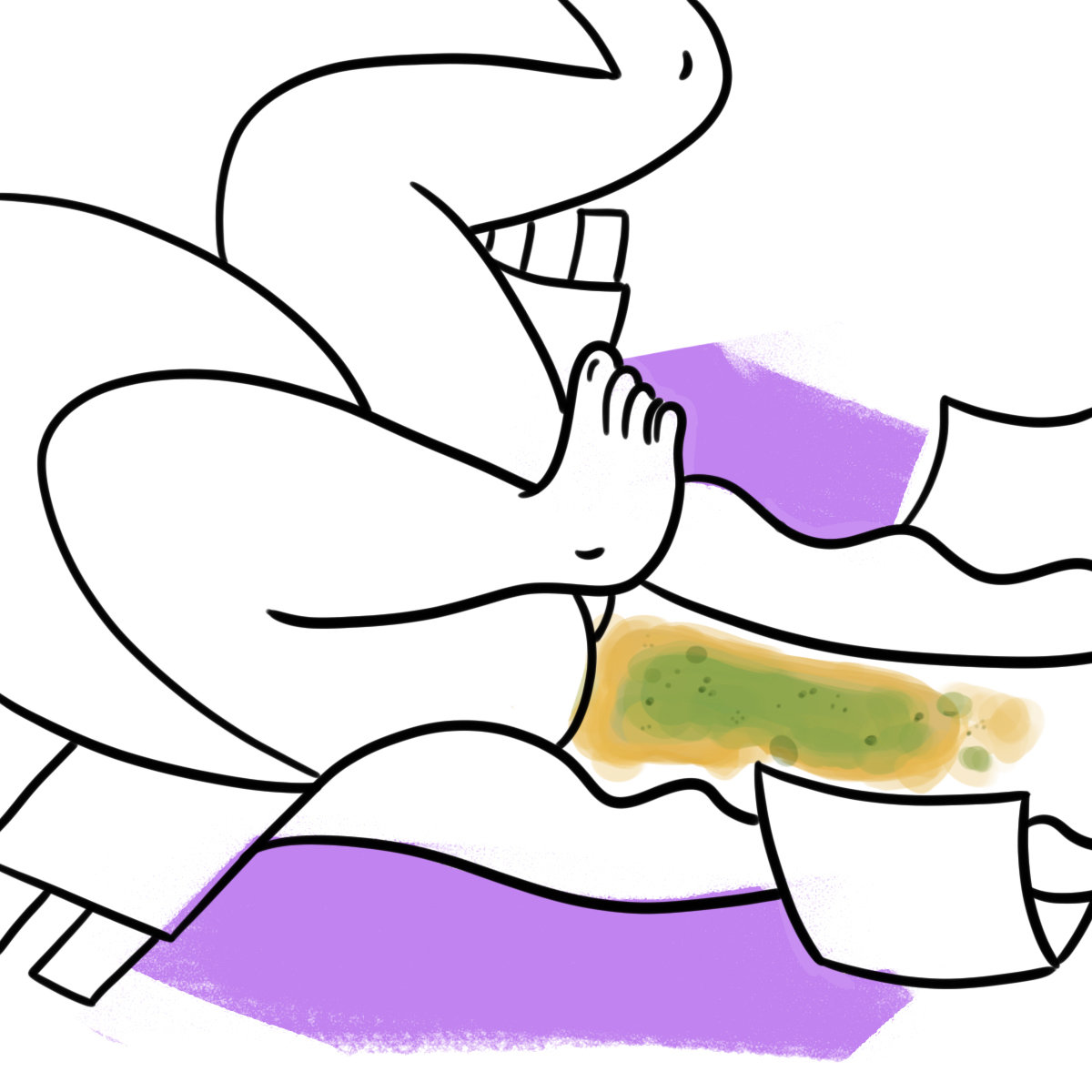
After the first 24 hours have gone by and the meconium has passed, the baby will start having transitional poops. These bowel movements are typically a mix of yellow from digesting breast milk or formula and green from any remaining traces of meconium, and they may have a “seedy” texture.
Regular poop
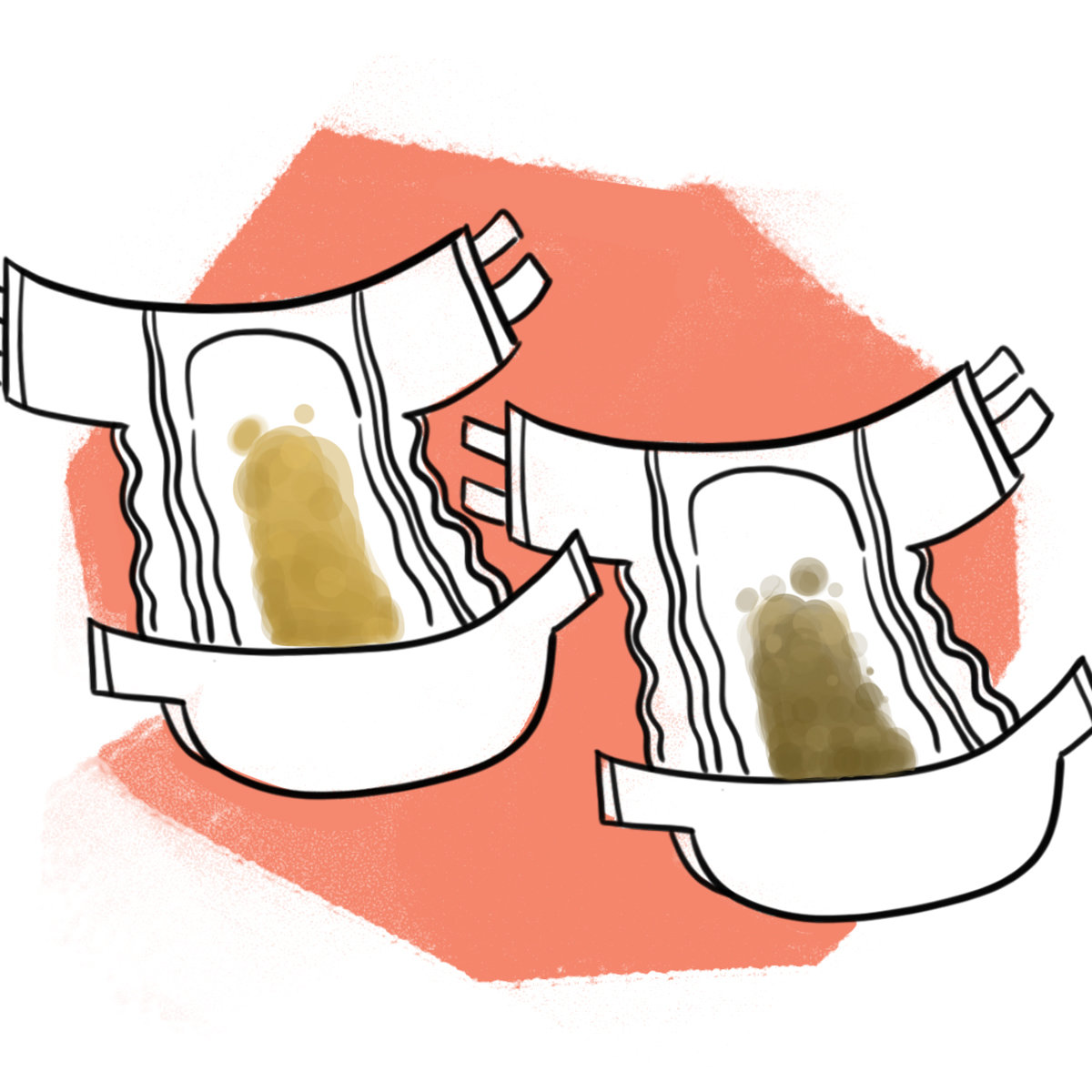
Within the first few days, the poop will transition to being mostly yellow or tan. Poop can change depending on whether a baby is fed breast milk or formula. It may be grainy or seedy in consistency, and the Mayo Clinic notes that formula-fed babies may have slightly firmer poop than breastfed babies.
Later poops
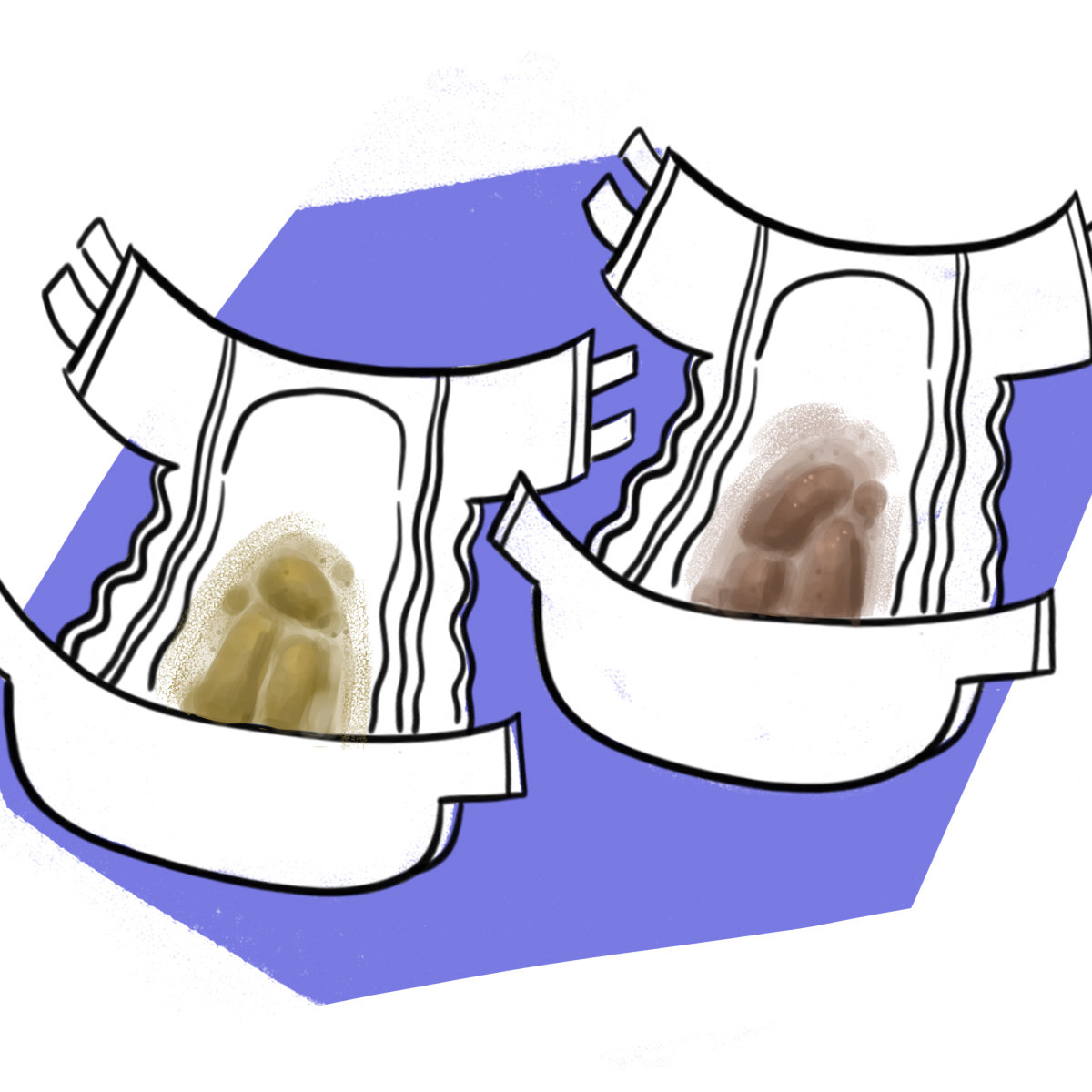
As the baby grows, and especially once the baby is old enough to eat solids, he or she may start having poops that are varying shades of green or brown.
How often do newborns poop?
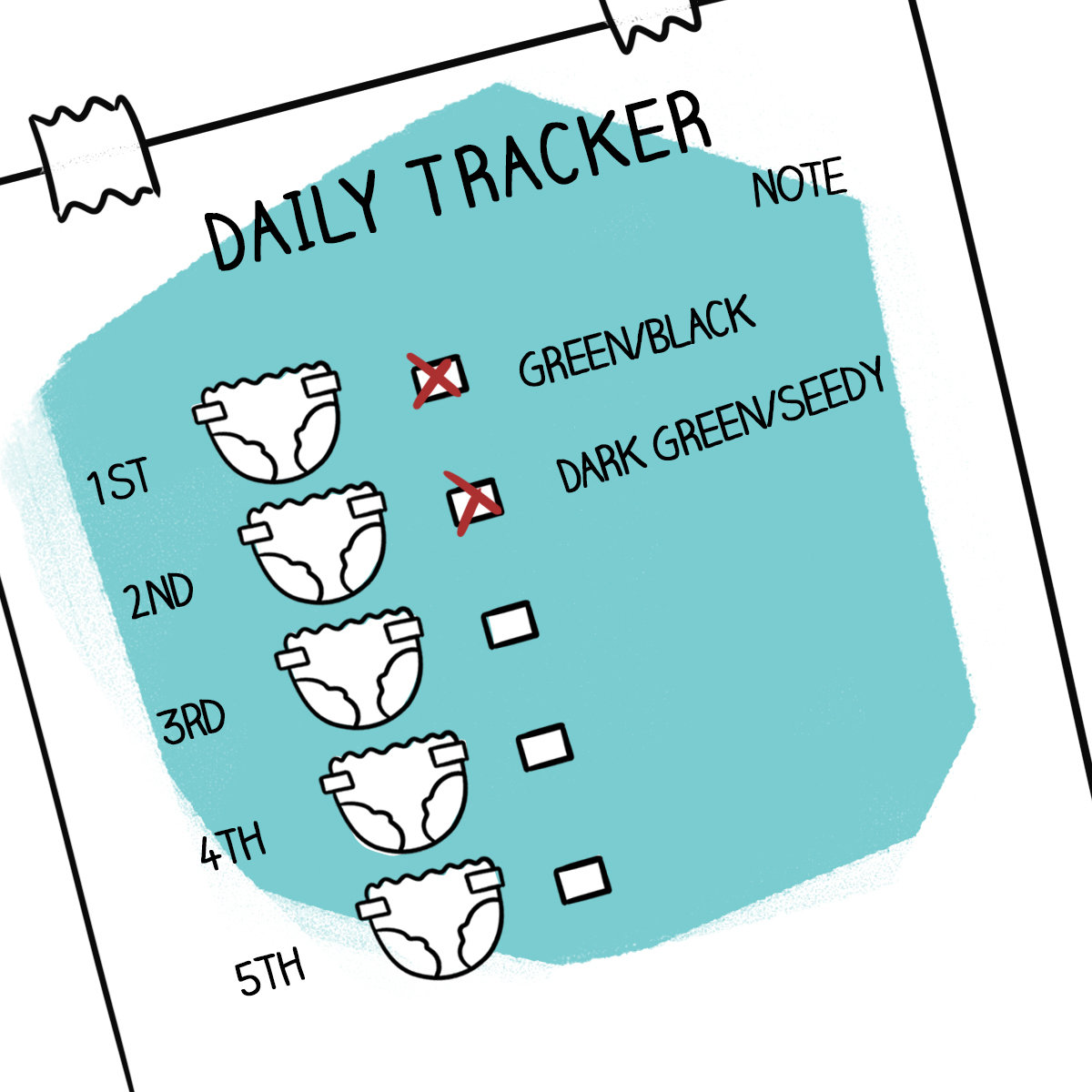
Newborns should have about one dirty diaper per day of life — so, one when they’re 1 day old, two when they’re 2 days old — until they reach about 5 days old. From there, the average breastfed newborn will have about five bowel movements per day, whereas formula babies may have three to four, according to What to Expect. By 6 weeks old, pooping slows down and babies may only go once a day or even go a day or two between bowel movements.
When to worry

Because baby poop is such a strong indicator of health, it’s important to notify your child’s doctor if you see:
-
Red or bloody stool
-
Stool that is black or tarry long after the meconium has passed
-
Stool that is white
-
Stool that is dry, hard, or painful or difficult for the baby to pass
-
Stool that is unusually watery
-
The baby goes five days without pooping




